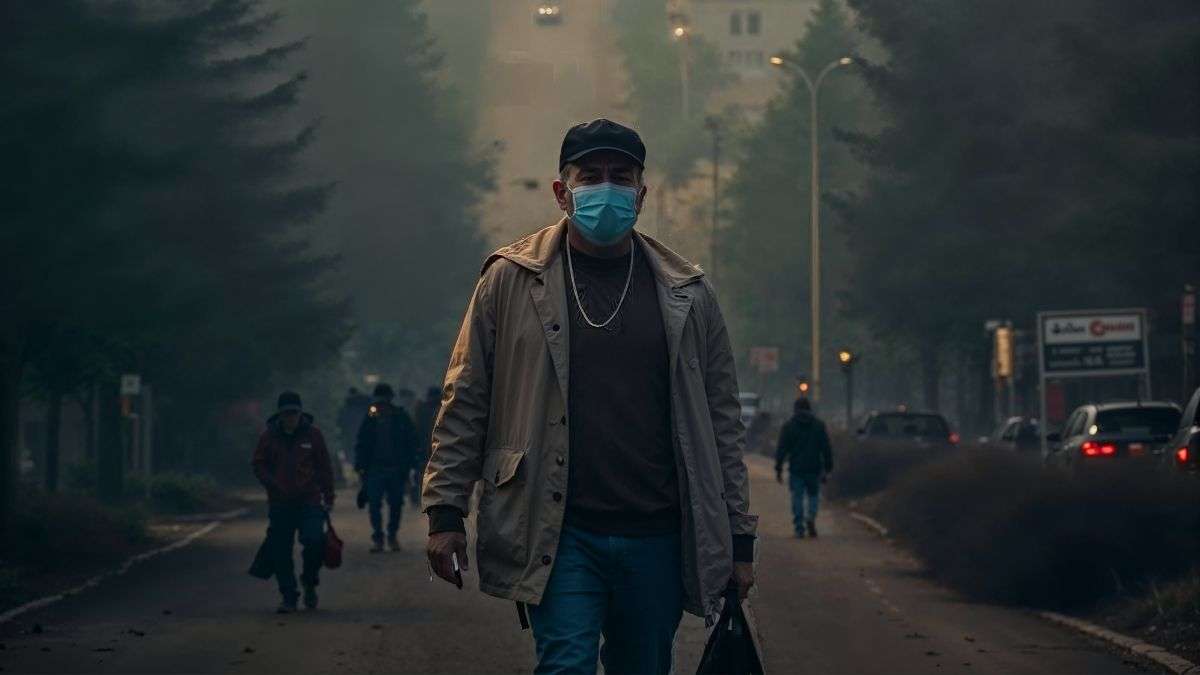
India's Air Pollution: A Silent Health Crisis
The air we breathe in major Indian cities is becoming increasingly toxic, especially in winter. Residents often feel a burning sensation in their throats and heaviness in their chests due to the thick smog that envelops urban areas. This smog poses a serious health risk, with doctors warning that polluted air behaves similarly to tobacco smoke, weakening our lungs and increasing the risk of pneumonia, particularly for children and the elderly.
Fine particulate matter, especially PM2.5 and PM10, are the main culprits behind this health crisis. These tiny particles enter our lungs and can even seep into the bloodstream, triggering inflammation and suppressing the immune system. This makes it harder for our bodies to combat infections. Continuous exposure can damage the lung’s natural defenses, leading to a higher incidence of pneumonia, particularly during the winter months when pollution levels typically spike.
Children are particularly vulnerable as their lungs are still developing. Pollution not only irritates their respiratory systems but also limits their growth. Adults are not spared either; they face risks of chronic inflammation and reduced lung capacity. Experts like Dr. Jain and Dr. Gangakhedkar emphasize that long-term exposure to polluted air can be as harmful as years of passive smoking.
As pollution levels rise, hospitals in cities like Delhi, Gurgaon, and Kolkata see a surge in pneumonia cases each winter. The correlation between air quality and respiratory infections is no longer a matter of debate; it’s a stark reality. The lungs become less efficient at clearing mucus, creating ideal conditions for bacteria and viruses to thrive.
While individual measures like wearing N95 masks and using air purifiers can offer some protection, experts warn that these are just temporary solutions. Systemic changes are necessary to combat this public health crisis, including stricter regulations on transport and industry. The fight against air pollution requires collective action to ensure healthier air for future generations.
As India grapples with this silent epidemic, it is crucial to recognize that the cost of polluted air is not just an inconvenience; it is becoming a serious health threat. Urgent action is needed to address this growing concern before pneumonia becomes a common outcome of simply breathing in our cities.










